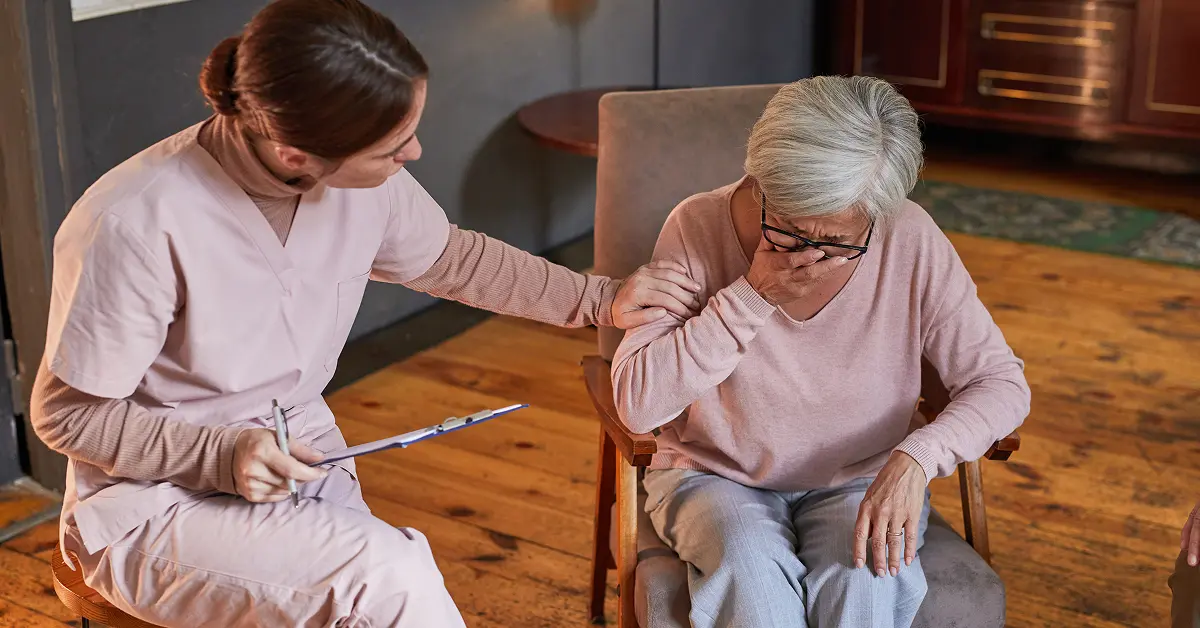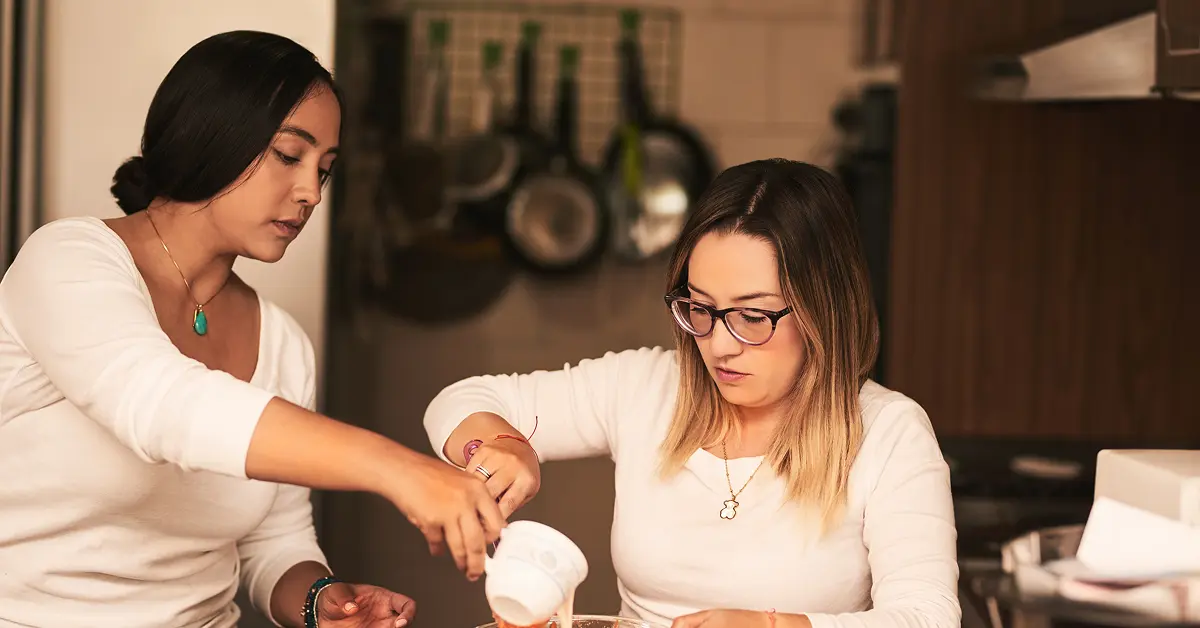As we age, mental and emotional wellness becomes just as important as physical health. One of the most common challenges among the Elderly Care Services population is anxiety, often rooted in feelings of uncertainty, loneliness, or health-related concerns. Fortunately, caregivers play a vital role in creating stability and comfort by establishing daily routines that address these emotional needs.
In this blog post, we explore how caregivers in India and across the world build routines that reduce elder anxiety, support mental well-being, and promote a sense of safety and purpose.
Why Routine Matters for Seniors
A predictable routine offers more than just structure—it delivers reassurance. For seniors, especially those facing cognitive decline or chronic illness, unpredictability can cause stress, confusion, and even panic. A clear, consistent schedule helps:
- Lower stress hormones like cortisol
- Improve sleep and digestion
- Foster a sense of control
- Reduce decision fatigue
- Create a comforting rhythm
Morning Routine: Starting the Day Calmly
Caregivers understand that mornings set the tone for the entire day. A gentle start helps seniors transition from rest to activity without triggering anxiety.
Steps caregivers take:
- Wake-up at the same time every day to stabilize the body’s internal clock.
- Use natural light or soft lamps to brighten the room gently.
- Assist with basic hygiene such as brushing teeth, bathing, or changing clothes with dignity and patience.
- Prepare a nutritious breakfast and share the meal if possible—this creates a sense of community and security.
Medication and Health Monitoring
Many seniors feel anxious about managing their medications or health conditions. Caregivers build trust by integrating healthcare seamlessly into the routine.
- Scheduled medication reminders using alarms or charts.
- Monitoring vital signs like blood pressure or sugar levels at the same time daily.
- Tracking symptoms in a health diary for doctor's reviews.
- Calm reassurance when medical procedures (e.g., insulin injections) are required.
Incorporating Light Physical Activity
Movement has proven mental health benefits. However, elders may feel nervous about falling or physical strain. Caregivers encourage gentle, enjoyable exercise that fits within the elder’s capacity.
Examples include:
- Guided yoga for seniors or seated exercises.
- A slow morning or evening walk in the garden.
- Light stretching during TV breaks.
- Accompanying elders to physiotherapy sessions or supporting home therapy.
Mental Engagement and Emotional Connection
Isolation is a major trigger for anxiety. A good caregiver ensures the elder's mind remains engaged and emotionally nourished.
- Reading newspapers, magazines, or religious texts aloud.
- Playing board games, puzzles, or simple card games.
- Listening to favourite music or bhajans.
- Encouraging storytelling, or video-calling relatives.
- Writing in a journal or gratitude diary.
Managing Mealtimes With Care
Eating together at fixed times gives seniors something to look forward to. Proper nutrition also contributes to emotional stability.
- Maintain regular meal times.
- Serve familiar, easy-to-digest Indian meals.
- Avoid stimulants like excess caffeine, which may worsen anxiety.
- Offer hydration reminders with coconut water, buttermilk, or herbal tea.
- Engage seniors in the cooking process if they’re interested.
Midday Rest and Quiet Time
Anxiety can also stem from overstimulation. Quiet periods are essential for seniors to rest their mind and body.
- Post-lunch naps in a quiet, well-ventilated room.
- Encouraging deep-breathing or meditation.
- Avoiding loud television or arguments around the elder.
- Giving space, yet staying nearby for reassurance.
Evening Routine: Winding Down Gently
A calm evening routine signals the body to transition into rest mode.
- A light stroll in the balcony or garden.
- Washing hands and face, changing into nightwear.
- Warm milk or herbal tea to relax.
- Playing soft devotional music or watching spiritual shows.
- Dimmed lights and reading before sleep.
Handling Anxiety Episodes with Sensitivity
Despite the best efforts, anxiety may still strike. Trained caregivers learn to respond with empathy and strategy, not judgment.
- Use calm, reassuring tones and gentle touch.
- Guide the elder to sit, drink water, and breathe deeply.
- Distract with conversation or sensory aids (aromatherapy, music).
- Avoid arguing or confronting during confusion or fear.
- Note the trigger and adjust the routine if needed.
Personalising the Routine to Each Elder
Every senior has unique preferences, habits, and fears. A good caregiver tailors the routine accordingly:
- Some elders prefer spiritual engagement; others enjoy art or gardening.
- Some are early risers, while others feel best post-noon.
- Cultural practices and past professions may influence how routines are shaped.
Involving the Family
To build continuity, caregivers keep family members informed and involved. Daily or weekly updates help:
- Track anxiety levels and identify emotional triggers.
- Collaborate on making meaningful activity plans.
- Maintain emotional connection between elder and loved ones.
Conclusion
A structured, compassionate daily routine is one of the most effective tools caregivers use to reduce elder anxiety. From morning rituals to evening wind-downs, every step is a building block toward a calmer, more secure life for the senior.
In India, where joint families are increasingly replaced by nuclear ones, the role of caregivers is becoming even more crucial. Families that invest in trained, empathetic caregivers are gifting their elders not just care—but emotional peace.
Whether you’re a family member or a professional caregiver, remember: routine is not about rigidity—it’s about reassurance, rhythm, and respect.
Contents
- Why Routine Matters for Seniors
- Morning Routine: Starting the Day Calmly
- Medication and Health Monitoring
- Incorporating Light Physical Activity
- Mental Engagement and Emotional Connection
- Managing Mealtimes With Care
- Midday Rest and Quiet Time
- Evening Routine: Winding Down Gently
- Handling Anxiety Episodes with Sensitivity
- Personalising the Routine to Each Elder
- Involving the Family
- Conclusion
Our 24*7 services
Latest Posts
- What Is Respite Care and Why Is It Important
- Affordable home care for senior citizens in India
- Caring for Seniors with Dementia or Alzheimer's at Home
- Senior Caregiving A Guide for Every Family
- How to Write a Caregiver Resume That Gets You Hired
- How Care After Hospital Discharge Speeds Up Recovery at Home
- How to Get Home Health Care for Seniors Through Medicare
- What Does a Senior Citizen Caregiver Really Do at Home
- How to Care for Elderly Parents with Alzheimer’s or Dementia
- How to Get 24-Hour Care for Seniors at Home



